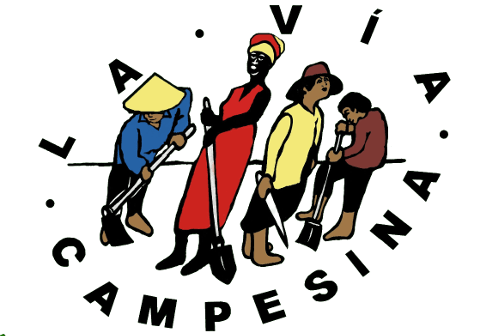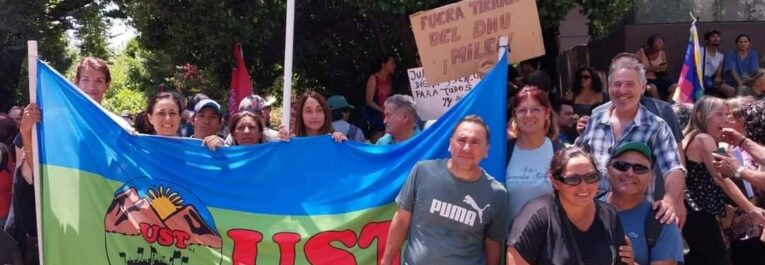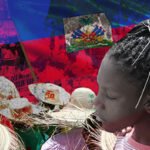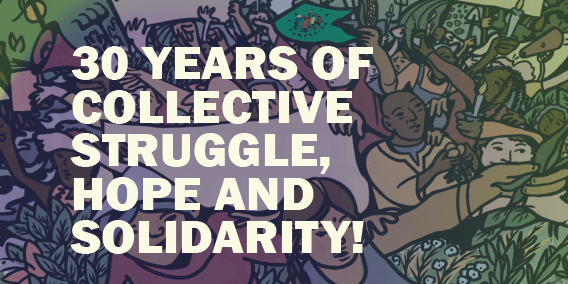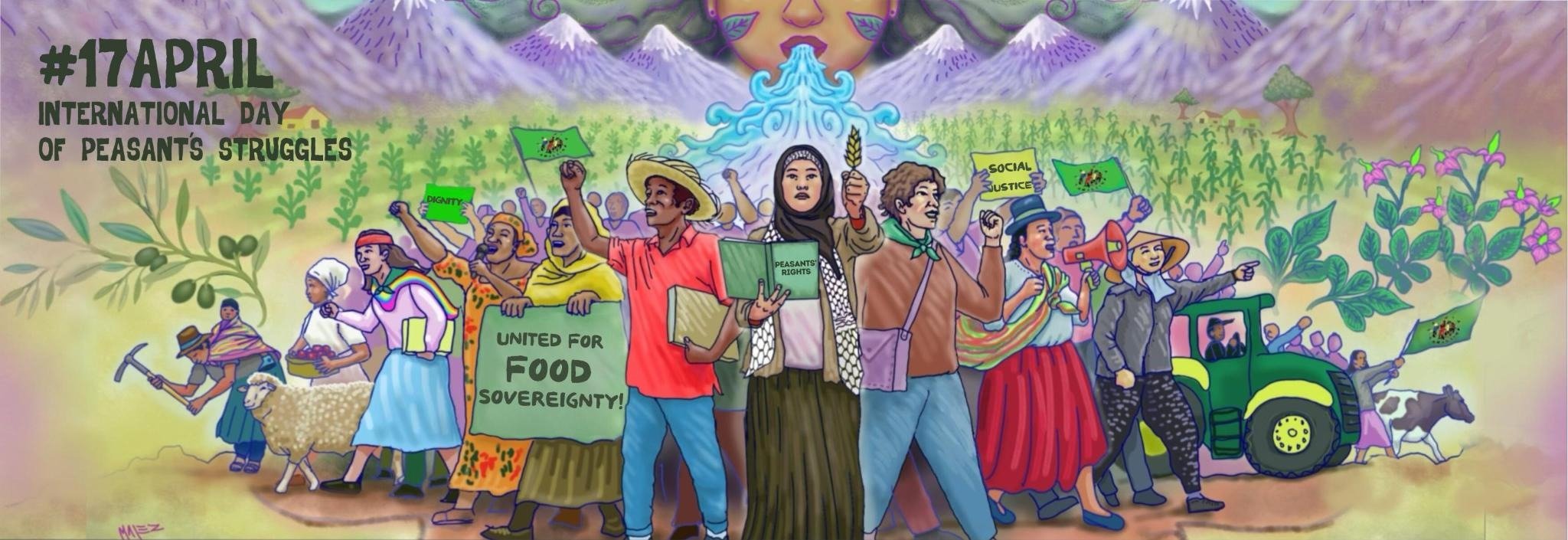Since December 10th the economic deregulation policies have hit the popular areas in Argentina. 27 million people (57.4%) are under the poverty limit, while 15% is poor. The minimum wage (USD$ 200) has been reduced 14.8% in January 2024. The crisis has been worsened by the high value of the food, which in January has risen 26%. In Argentina, 20.6% suffer from food insecurity and the consumers have paid 5.2 times more than the price paid to the producers. In addition, in a little more than two months the price of a liter of Premium gasoline has risen from $349 to $918 per liter, 163%.
The method of advancement of this anarco-capitalist far right expression tries to provoke chaos to put forward their financial agenda. Milei rules to the service of the corporations and install the debate that has put forward the boundaries of the democratic consensus and the rights conquered due to the struggle of the trade unions and social movements.
The Milei government is based on the idea that the State must disappear, reducing it to its minimum and leaving everything on part of the market. To achieve this, he supports the criminalization of the protest and the popular organization, the blind negationist of the State terrorism of the last military dictatorship, a hatred and misogynistic discourse and the economic deregulation policies.
In this sense, one of the first measures was the imposition of an Emergency Decree (DNU, in Spanish) 70/2023, published December 20th 2023, that we, the Movimiento Nacional Campesino Indigena Somos Tierra (MNCI ST) reject because of its authoritarian and anti-republican perspective, representing a great attack to the democratic institutions.
This DNU is unconstitutional and void. Because of the number of legislations that abolish, just like the changes, it must be Congress of the Nation where fundamental consensuses are discussed and achieved to represent the majority of the population. In addition, each of the points of the decree benefits a reduced group of business people that always do their business at the expense of the misery of the Argentinian people.
This decree, that is still waiting the Congress approval but it is already having impact on the measures that hit the income of the working class and in closure of the State institutions that are fundamental for the democratic life. Following false arguments and ideological persecution, they leave hundreds of families jobless, such as the News Agency Telam and the National Institution Against Discrimination, the Xenophobia and the Racism (INADI, in Spanish).
Some key points of the decree are:
- Derogation of the Law of the Rural Lands that jeopardizes the soil and the water resources that can be hoarded by transnational companies and the vulture funds.
- Derogation of the Law of Fire, that also paves the way to the land hoarding and it also represents a big setback of in terms of the impacts occurring in forests, grasslands and wetlands, in the middle of a clear climate crisis.
- We reject the criteria used to add new retentions and to add new taxes to the importations. We consider that the retentions and taxes must be segmented and differentiated. The countryside has a wide range of actors that must be treated differently.
- Food market deregulation: derogation of the Law of Shelves 27545, Law of supply and observation of prices.
Other of the measures imposed by Javier Milei is the project denominated “Basis and Points of Departure for the Freedom of the Argentinian people, widely known as “Ley Ómnibus” that originally contained 664 articles. Far from showing an economical program, the different and contradictory measured included in this legislation jeopardize the regional economies and threaten the existence of the farming cooperatives, small and medium producers, peasants, rural workers and indigenous communities. Besides, the first article gives delegatory faculties to the President who could rule without the control of the other powers of the State.
The Ómnibus legislation was discussed in the Argentine Chamber of Deputies during January and could not achieved the needed consensus to be passed.
The article 210 of such legislation process is a special present for the transnational agribusiness as it states the Argentinian adherence to the 1991 International Union for the International Union for the Protection of New Varieties of Plants (UPOV 91). The legislation states an ideal juridical scenario for the oligopolies to gain complete control of the market of seeds and, consequently, the food. That is so because who has control over the seeds, has control over the food chain and the quality and price of the food from all the Argentinian people.
Excused in the investment encouragement, this treaty gives freedom to the seeds privatization that are the property of the people, of peasant and indigenous families who, generation after generation, have selected, saved, reproduced and exchanged the diversity of plants that today are part of our food, our culture and our wealth.
After the adherence to this treaty, farmers criminalization mechanisms have been incorporated. These farmers could use the seeds in later productive processes, limiting or prohibiting the right to the free use of the seeds.
That is why, we reject the adherence to the UPOV 91, because we understand that it represents a regressive and authoritarian measure that tramples on the rights conquered by the peasants threatening Food Sovereignty and jeopardizing the ancestral knowledge of our people.
Facing these measures, from the MNCI ST, as members of the Mesa Agroalimentaria Argentina (MAA), we join the national strike and mobilization promoted by the main trade union centers of our country (CGT, CTA Autónoma and CTA de los trabajadores) on January 24th. This struggle action was joined by 80% around the country (around 5 million people) and 1.5 million people manifested around Argentina.
In these few, though intense, 90 days in power, they have not presented an economic and productive program able to solve the inequality problems, the hunger, poverty and economic concentration in Argentina yet. They have not introduced the urgent debate of the Food Sovereignty and the access to the land. Much on the contrary, the agenda set by the government of Javier Milei imposes, deepens the crisis and has a direct impact in the agri-food system, especially the prices and quality, jeopardizing the access to the sufficient, healthy and fair-price food for the Argentinian people.
Having expressed that, and given the fact that in our constitution we state that the Congress together with the organizations of the area, should be the forum for the discussion of agricultural policy, from the MAA we presented 5 legislation projects that we consider to be key to achieve Food Sovereignty and national development: Law of Land Access, Law of Protection of Peasant Territories, Law of Rural Land Leasing, Law of Cooperative Funding, Law of Tax Segmentation. Unfortunately, any of these proposals was considered in the agenda put forward by the National Government.
This article has been written by MNCI Somos Tierra, member organization of the LVC Argentina.
